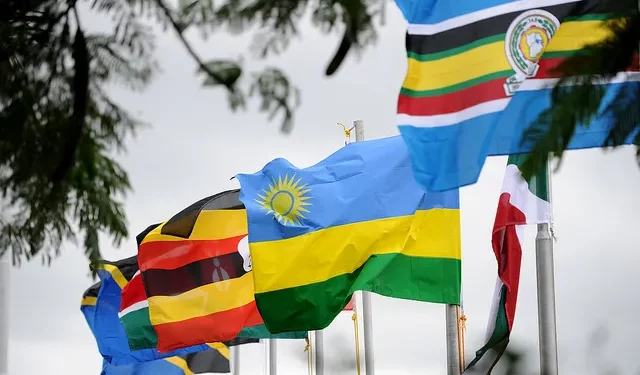Kenya has continued to lag behind its peers like Uganda, Ethiopia, and Tanzania in its ability to attract foreign investors to the country. According to data released by the United Nations Conference on Trade and Development (UNCTAD), Kenya came in after her select peers, that is, Uganda, DRC Congo, Tanzania, and Ethiopia, in the Foreign Direct Investment (FDI) race in 2022. On the flip side, Kenya registered a 63.9% increase in its FDI after a consecutive five-year dip leading to 2021, to USD 759.1 million in 2022 from USD 463.0 million in 2021. Consequently, Kenya came in second in terms of FDI growth among major African economies, after Egypt, whose FDI increased by over double by 122.7%, to USD 11.4 bn in 2022 from USD 5.12 bn in 2021. The enormous increase in Egypt’s FDI is attributed to increased cross-border mergers and acquisitions (M&A). UNCTAD records Kenya’s total accumulated FDI over the years at USD 11.23 billion in 2022, a 7.3% increase from USD 10.5% in 2021.
Read more: The State Of Kenya’s Foreign Direct Investments
Kenya’s increase in FDI in 2022 is attributable to the increasing demand for the country’s Renewable Energy sector, especially among investors looking for climate change mitigation projects. Most of the deals are primarily on geothermal and wind power projects, with interest in solar energy rising fastest in recent years.
Read more: Kenya Power Looking To Expand Its Network In New Ksh. 10 Billion Investment Plan
Ethiopia continues to lead Eastern Africa in the FDI race, albeit recording a decrease of 13.8% to USD 3.7 billion in 2022 from USD 4.2 billion in 2021. The continued control is mainly attributed to the implementation of income tax exemption for investors from the date of obtaining a business license or expansion permit. In addition, investors are allowed to import capital goods, construction materials, and motor vehicles duty-free. Adding to the same effect, Ethiopia has partially opened its telecommunications sector to foreign investors. Uganda’s FDI registered a 38.7% increase to USD 1.5 billion in 2022 from USD 1.14 billion in 2021, which is largely attributed to the ongoing development of the Lake Albert oil field in a joint venture with the China National Offshore Oil Corporation and the Uganda National Oil Company. Tanzanian FDI stood at USD 1.11 billion in 2022 from USD 922 million in 2021, representing a 7.6% growth, which is largely attributed to the 60.0% growth in greenfield project investments.
Read more: Ksh294 Billion Lost In A Month At The NSE As Foreign Investors Flee
In a bid to attract more big-ticket investors to Kenya, particularly in the ICT sector, President Ruto indicated in March 2023 that Kenya would drop the requirement in the National ICT Policy that requires foreign firms to cede 30.0% of shareholding to local investors, which he stated had been a major hindrance for large corporations to set up in Kenya.
Email your news TIPS to editor@thesharpdaily.com


















